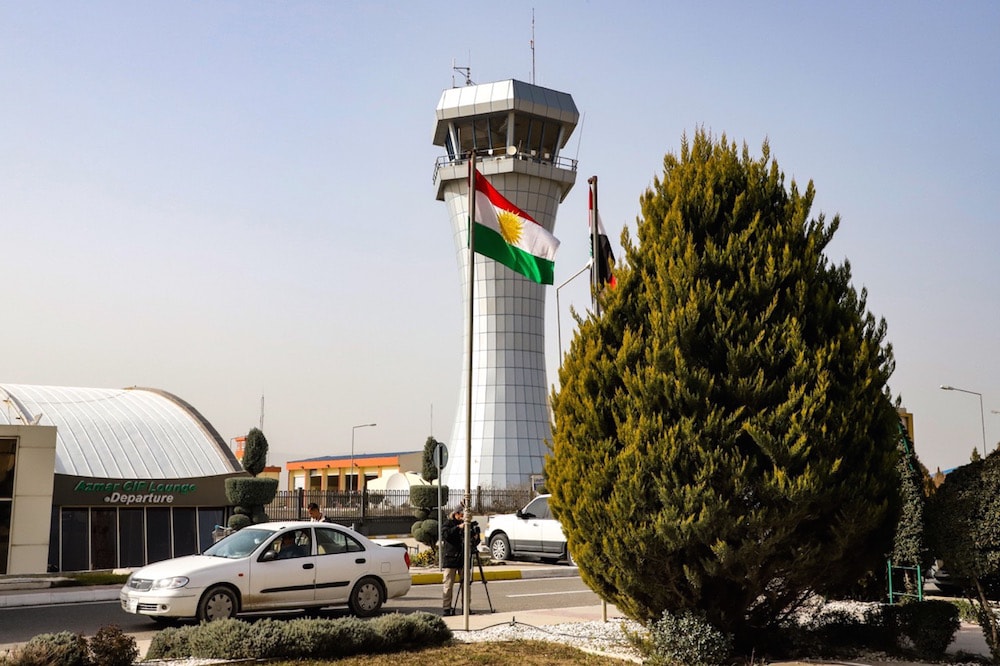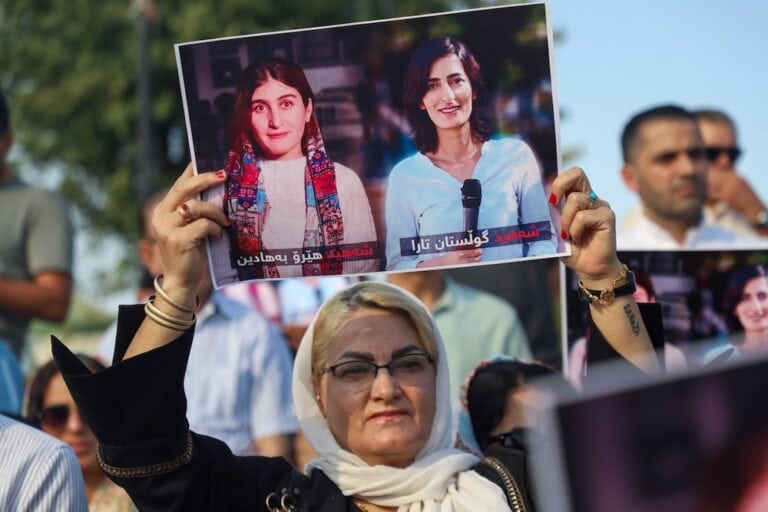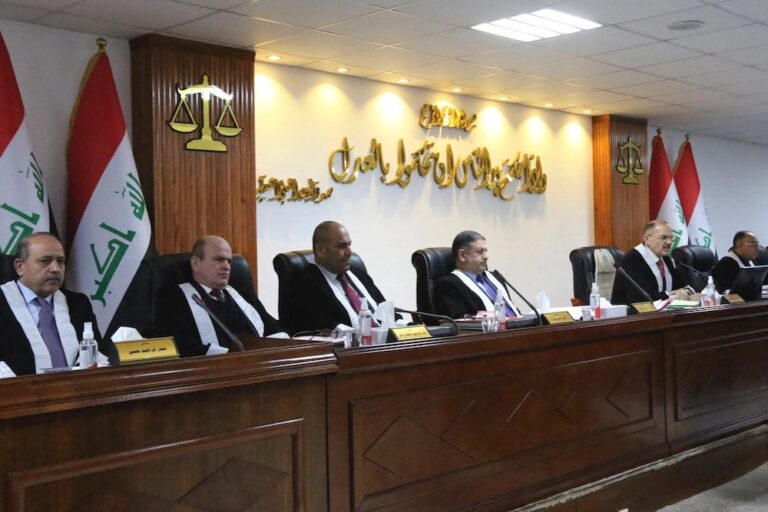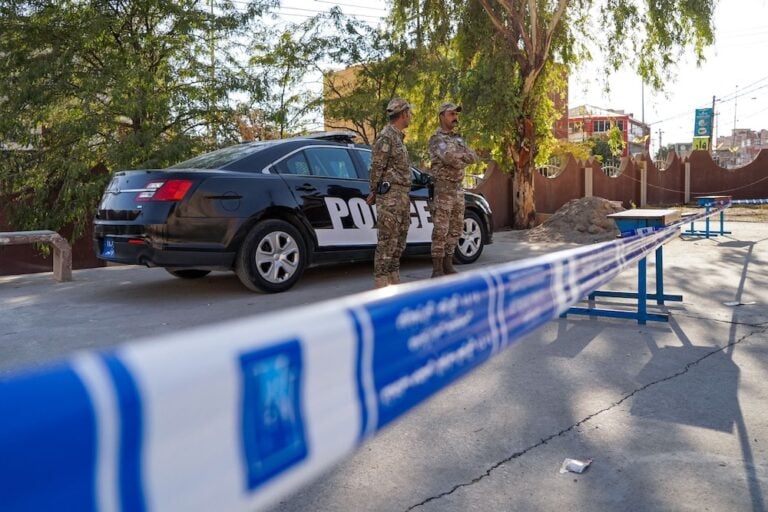How political party rivalries sparked a rise in detentions, arrests, and violence against journalists.
The following is an excerpt of a 9 September 2019 CPJ blog post by Ignacio Miguel Delgado Culebras/ CPJ Middle East and North Africa Representative.
Zebari, who reports on local news for several TV and radio outlets, said he has been assaulted and detained several times, and had equipment seized and broken. Tired of abuse, pressure, and a lack of protection for local journalists, Zebari, who is based in Bahdinan, in the northwestern province of Duhok, said he was considering leaving Iraqi Kurdistan.
“Freedom of expression is on the brink of extinction. Speaking of murdered journalists, like Wedat Hussein, is a red line. Reporting on corruption involving members of the ruling party or on any ties to the ruling Barzani family is impossible. Freelancers have no rights in Kurdistan,” Zebari, who works for outlets that are not affiliated with the party, said.
The reporter was one of five journalists with whom CPJ met in Erbil and Sulaymaniyah earlier this year. All of them spoke of how disputes between Iraqi Kurdistan’s two main political parties – the ruling Kurdistan Democratic Party (PDK), which governs the Erbil and Duhok regions, and the Patriotic Union of Kurdistan (PUK), which governs the Sulaymaniyah region – have created issues from authorities and interviewees. Impunity in cases of violence against the press and a lack of a truly independent judiciary and press regulation body have left journalists feeling vulnerable and at heightened risk of attack.



